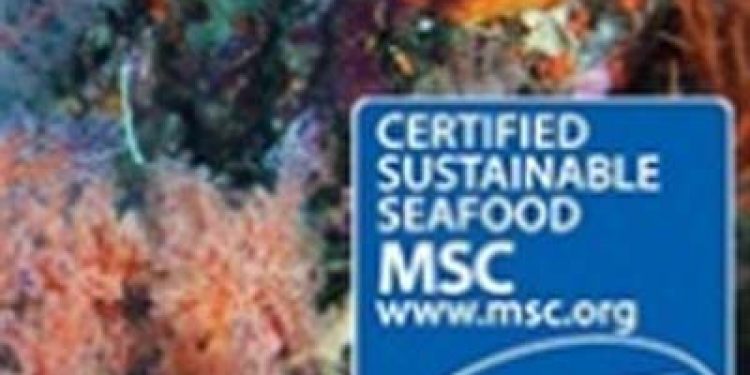Greenland’s cod, haddock and saithe fisheries in the North East Arctic area of the Barents Sea have entered MSC assessment.
If successful, and subject to traceability certification, products from the fisheries will be eligible to bear the MSC’s blue Certified Sustainable Seafood ecolabel.
The fishery, representing three Greenland boats – Sisimiut, Polar Princess and Ilivileq – first started in the 1990s under two agreements between Greenland, Denmark, Russia and Norway. All three vessels have on-board processing facilities and supply most of their catch (80%) to the UK. Nearly all of these (more than 90 %) are processed as filets, pinbones in, with or without skin. The rest is block-frozen headed and gutted.
An important fishery
Henrik Leth, chairman of Sustainable Fisheries Greenland Said: “Greenland appears to be located, geographically, at the very outskirts of the natural habitat of the Atlantic cod. The species appears and disappears in Greenland waters, obviously following an unpredictable pattern. Our agreements with Russia and Norway, provide us with fishing possibilities for cod, haddock and saithe in the Barents Sea. They may not be huge, counted by volume, but to keep ships, skills of the crews and market channels well honed, they are of great importance. We see the attempt to obtain MSC-certification of our fishery in the region as a natural choice along these lines.”
Gisli Gislason, from the MSC said: “It is great to see Greenland companies bringing in three key species at once. The whole industry in Greenland is involved with Sustainable Fisheries Greenland and I am really pleased to see their increased involvement in the MSC program. Cod and haddock are particularly important species for the UK, Greenland’s key market for these fish and MSC certified cod, haddock and saithe products from other fisheries are already proving popular there. This is Greenland’s second full assessment, following on from the success of completing their coldwater prawn fishery and I am looking forward to working further with them in the future.”
Getting involved
The assessment will be carried out by independent auditor, Intertek Moody Marine and is expected to take around 11 months. anyone with an interest in the fishery is invited to take part in the assessment and Intertek Moody Marine have already identified 10 stakeholder groups. If you would like to be involved, please contact Rod Cappell (lead auditor) on rod@consult-poseidon.com Due to the international nature of stakeholders, the site visit is planned to be in Denmark. The assessment team can arrange video and telephone conferencing with stakeholders that wish to have a meeting and are unable to attend in person.
FiskerForum.com









